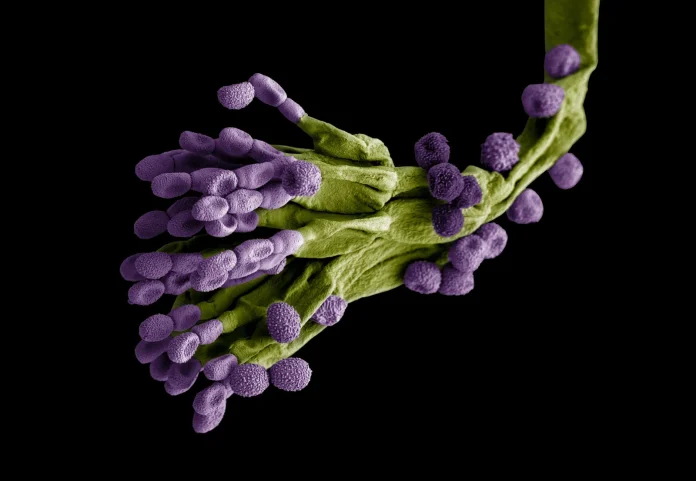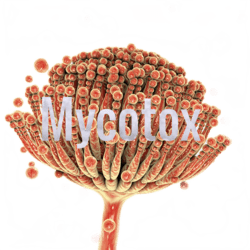Penicillium: The Fungal Genus That Could Be Silently Affecting Your Health
Penicillium is a diverse genus of fungi with approximately 350 recognized species. While many of these species are beneficial or harmless, some can pose significant health risks to humans. The potential health impacts of Penicillium exposure are varied and can range from mild allergic reactions to more severe conditions.
Allergic Reactions
Penicillium species are common allergens that can trigger a range of allergic symptoms, particularly in individuals with respiratory sensitivities. These symptoms may include:
- Sneezing
- Runny or stuffy nose
- Itchy or watery eyes
- Coughing
- Wheezing
- Skin rashes
In some cases, Penicillium exposure can exacerbate existing conditions such as asthma, leading to increased frequency and severity of asthma attacks.
Respiratory Issues
Beyond allergic reactions, Penicillium can cause or contribute to various respiratory problems:
- Asthma: Penicillium is known to worsen asthma morbidity, especially in children living in urban environments.
- Hypersensitivity pneumonitis: This condition, also known as “Farmer’s lung,” can lead to chronic lung damage if exposure is prolonged.
- Sinusitis: Some Penicillium species may contribute to sinus infections.
Mycotoxin Production
One of the most significant health concerns related to Penicillium is its ability to produce mycotoxins. These secondary metabolites can have various detrimental effects on human health:
- Nephrotoxicity: Some mycotoxins can damage kidney function.
- Hepatotoxicity: Liver damage may occur due to certain Penicillium-produced toxins.
- Carcinogenicity: While not all Penicillium mycotoxins are carcinogenic, some have been associated with an increased risk of certain cancers.
- Immunosuppression: Certain mycotoxins can weaken the immune system, making individuals more susceptible to other infections.
Opportunistic Infections
While rare, some Penicillium species can cause opportunistic infections in immunocompromised individuals. These infections may affect:
- Eyes: Causing conditions such as keratitis or endophthalmitis
- Skin: Leading to various cutaneous infections
- Internal organs: In severe cases, Penicillium can cause systemic infections affecting multiple organs
Chronic Health Effects
Long-term exposure to Penicillium and its mycotoxins may contribute to chronic health issues:
- Chronic fatigue syndrome
- Cognitive impairments
- Autoimmune disorders
It’s important to note that while Penicillium can pose these health risks, the severity and likelihood of these effects can vary greatly depending on the specific species, the level and duration of exposure, and the individual’s health status. Proper identification of Penicillium contamination and appropriate remediation measures are crucial in minimizing these health risks.


